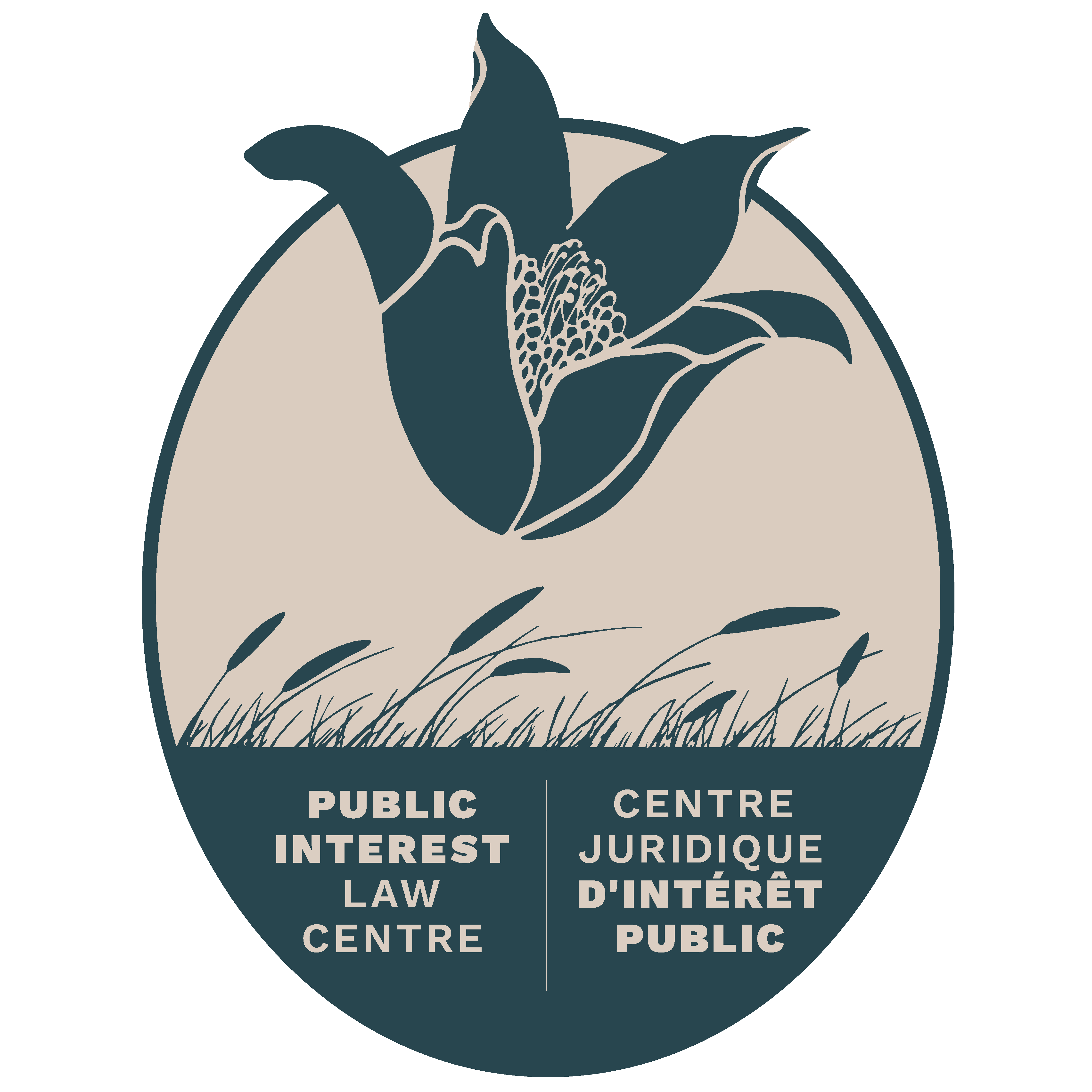Residential Tenancies
Vulnerable Tenants
In 2011, a Manitoban was forced out of his accommodation after he refused to let his landlord open his welfare cheque. He had to live under a bridge for several days until he found a new home.
The Public Interest Law Centre (PILC) represented him before the Residential Tenancies Commission. With pro bono partner Karen Whitman, it initiated a human rights complaint. In addition to the human rights settlement, which must remain confidential, PILC’s paralegals obtained over $3,000 in compensation for him from the Residential Tenancies Commission.
Property Tax
In the mid-1980s, PILC represented the Self-Help Alliance for Fair Taxation (SHAFT), a group of Winnipeg homeowners. As the City had gone 20 years without doing a new property tax valuation, many homeowners in older and often low-income communities were shouldering more than their fair share of the property tax burden. With PILC’s assistance, the organization won a court order requiring the City to conduct a new property assessment.
Housing for Persons With Mental Illness
In winter 2007-2008, the City of Winnipeg sought to close two rooming houses in north-end Winnipeg because they were not properly licensed. Many of the tenants had mental and physical disabilities and feared the closure would leave them homeless.
Acting on behalf of a number of tenants, PILC argued before the Court of King’s Bench that the closure would cause irreparable harm and suffering to a vulnerable and disadvantaged group. As a result, the court issued an injunction halting the closure.







